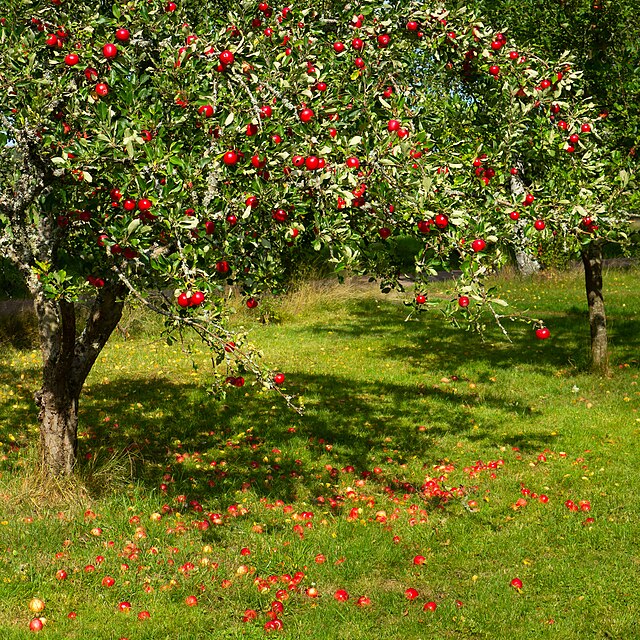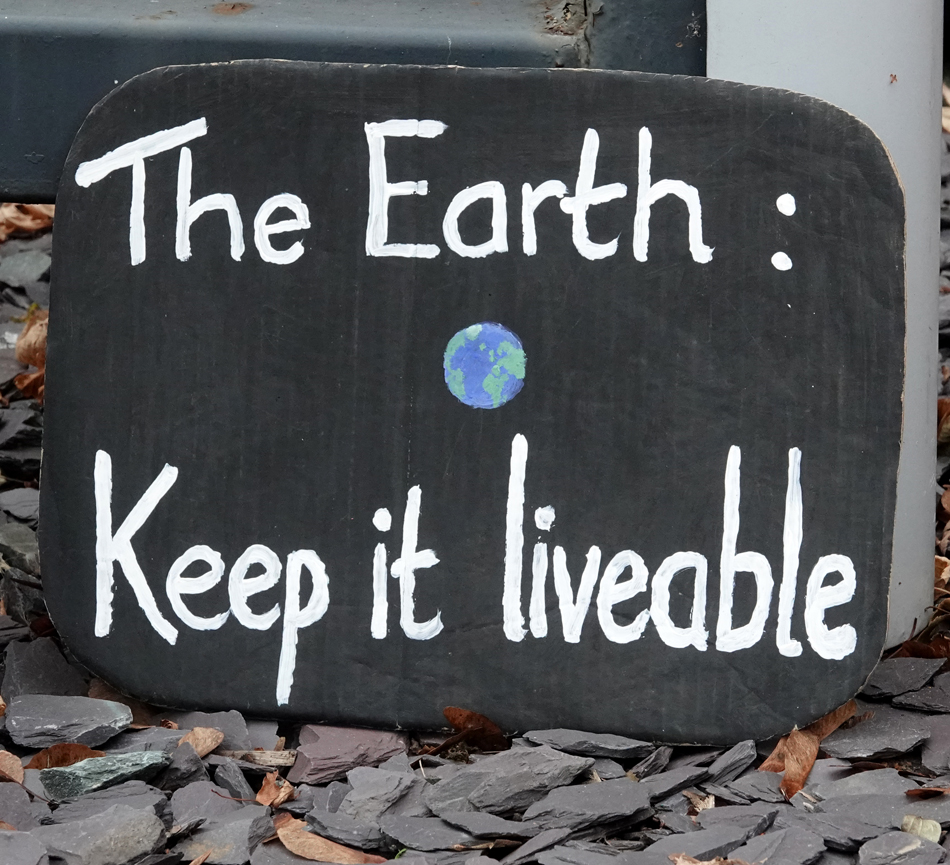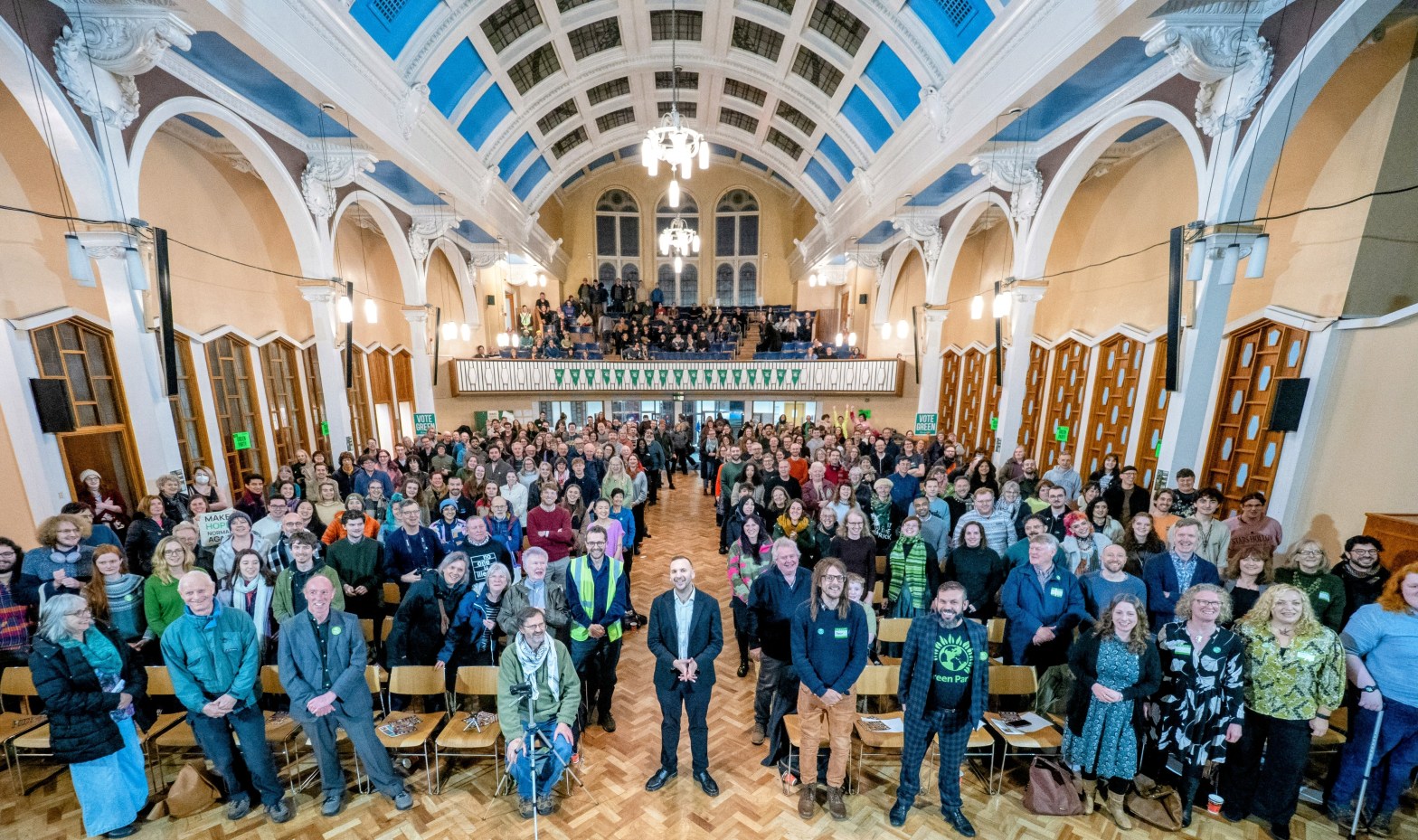A letter to the Sheffield Telegraph and Star Dear Editor Paige Turner (Sheffield Telegraph 26.2.26) is very good at making up pseudonyms, but they need to recognise who their friends are. My article was not about libraries, but I was very pleased to mention the excellent service I had had from Sheffield Library. This isContinue reading "Volunteer Efforts Keep Sheffield Libraries Alive"
Fires and Fascism Film. The truth behind the growth in wildfires.
On Saturday, I attended the screening of the new film, "Fires and Fascism," at the Common Ground Community Centre in Nether Edge. Producer Dr Peter Knapp left academia researching air quality, determined to find a way of reaching out to the public through storytelling. Without any qualifications in film production, Peter crowdfunded £3000 in second-handContinue reading "Fires and Fascism Film. The truth behind the growth in wildfires."
Over 1000 Councillors support the pledge for Palestine.
Over one thousand local councillors have signed the Palestine Solidarity Campaign's Pledge for Palestine! Councillors from across Britain and a wide range of political parties have vowed to uphold the rights of the Palestinian people and oppose council complicity in Israel’s genocide and apartheid. The pledge commits council representatives to take all appropriate steps to (1) uphold the rights of the Palestinian people, (2) standContinue reading "Over 1000 Councillors support the pledge for Palestine."
“Apples and pears”, (going upstairs!)
by Dr Karine Nohr It was not so long ago that England was fully self-sufficient for its apples. We had loads of glorious orchards all over the country with the most fantastic tasting apples. Even in ‘the smoke’, as London was previously known by outsiders, there was an abundance of apples. As a London kid,Continue reading "“Apples and pears”, (going upstairs!)"
Carflation
by Rosalind Dean We need to change the ways we transport ourselves, if we are to have a liveable future. Some actions can only be taken by society as a whole, so that low-carbon methods of moving people and goods become the natural choice: feet, bicycles, tricycle rickshaws, buses, freight trains. Research and development intoContinue reading "Carflation"
Hind Rajab’s Car
https://youtu.be/OCmAbQwFfCM Sheffielders were surprised to see a car outside the Town Hall on Saturday, whose bodywork was covered in bullet holes. What was going on? Annie O'Gara from Sheffield Palestine Solidarity Campaign explained. We're really pleased to welcome this Hind Rajab exhibit to Sheffield. It's been touring cities across England, and it's fantastic that it'sContinue reading "Hind Rajab’s Car"
Science under Siege. How to fight the five most powerful forces that threaten our world.
I wanted to read Michael Mann and Peter Hotez's new book, Science Under Siege, but as the paperback hasn’t released yet, I requested it from Sheffield Central Library. Despite all the budget cuts they have faced, I was very pleased to find that they were able to purchase and loan me a copy. What aContinue reading "Science under Siege. How to fight the five most powerful forces that threaten our world."
The censored report on the national security implications of climate breakdown, biodiversity loss and global ecosystem collapse must be released.
I have sent the following Freedom of Information request to see the uncensored report by the Joint Intelligence Committee about our national security. See Jonathon Fuller talking about this here. https://www.facebook.com/share/v/1CKT5hV7pB Jonathon says, "If there was a grave threat to life, would you expect Government Ministers to keep it to themselves (and protect their ownContinue reading "The censored report on the national security implications of climate breakdown, biodiversity loss and global ecosystem collapse must be released."
Zack Polanski brings his bold politics to Sheffield
Zack Polanski, the new leader of the Green Party, came to Sheffield to speak about his bold politics and the plan to make hope normal again. First, he attracted a big crowd of supporters and media at the bus station, where he announced the policy of free bus fares for the under-22s. He said, “WeContinue reading "Zack Polanski brings his bold politics to Sheffield"
As the Genocide continues in Gaza Sheffield continues to demonstrate.
Protesters gathered at Mount Pleasant Park yesterday to march to the city centre. As they arrived they were entertained by the Sheffield Street Band and the combined forces of various samba bands, including the 5 Rivers Rising and the Manchester Drummers for Palestine. https://youtu.be/j57EvbmZb3s https://youtu.be/oXghGKBEySY Annie O'Gara spoke first about the brutal illegal treatment ofContinue reading "As the Genocide continues in Gaza Sheffield continues to demonstrate."




